Does Dandruff Cause Hair Fall?
Evidence Based
All the information in this blog post is accurate, trustworthy, scientifically based and has been written and fact-checked by our experts and doctors.
Our licensed nutritionists and dietitians are committed to being objective, unbiased and honest, presenting all sides of the argument.
This article includes scientific references in brackets, which are clickable links to research papers from reputable academic organizations.

Dandruff is a common scalp concern, affecting most people at some stage of life, especially from adolescence through midlife. It often makes people feel uncomfortable and self-conscious. It shows up as dry, flaky skin on the scalp and can cause itching. But a big question remains: can dandruff lead to hair loss? Let’s take a closer look. Explores how dandruff can indirectly impact hair loss and offers effective ways to tackle both issues for a healthier scalp.
What's Dandruff? What’s Happening To Your Scalp?
Dandruff isn’t just about annoying white flakes falling onto your shoulders. It’s a common scalp condition caused by the rapid turnover of skin cells on your scalp. Normally, skin cells shed in small, microscopic amounts, but for those with dandruff, this process speeds up dramatically, leading to visible flakes of dead skin.
Dandruff can be triggered by a variety of factors:
- Malassezia Fungus: This naturally occurring fungus on the scalp can, in some people, become overactive, leading to an imbalance and excessive shedding of skin cells.
- Dry Scalp: In the winter months, dry air can strip moisture from your skin, causing dandruff.
- Oily Scalp: Too much oil can also clog hair follicles and cause dandruff.
- Sensitivity to Hair Products: Some hair products might irritate the scalp, leading to dandruff-like symptoms.
While dandruff itself isn’t harmful, it can cause itching, irritation, and discomfort. It’s often the inflammation and irritation associated with dandruff that can lead to more significant issues like hair fall.
What’s Causing Your Hair to Shed?
Hair loss can happen for a variety of reasons, and its causes are often multifactorial. Some of the most common reasons people experience hair fall include:
- Genetics: If your parents experienced hair thinning or balding, there’s a good chance you might too. This is commonly known as androgenetic alopecia.
- Hormonal Changes: Pregnancy, menopause, and thyroid imbalances can all trigger significant hair loss.
- Nutrient Deficiencies: A lack of iron, vitamin D, and biotin can lead to hair shedding.
- Stress: High stress levels cause hair to enter a resting phase, leading to increased shedding.
- Scalp Issues: Any irritation, inflammation, or infection on the scalp can disrupt hair growth, leading to hair loss.
In short, hair fall is often linked to an imbalance or disruption in the hair growth cycle. Whether it’s because of clogged follicles, poor nutrition, or damage from external factors, once the natural growth cycle is disturbed, the result is shedding.
Can Dandruff Cause Hair Fall?
Now, here’s where things get interesting. While dandruff doesn't directly cause hair fall, the conditions contributing to dandruff can promote hair loss.
1. Scalp Inflammation and Follicle Damage
When you have dandruff, your scalp is often inflamed. This inflammation can be caused by an overactive immune response to the yeast (Malassezia) or by irritation from scratching. The inflammation weakens hair follicles, and in severe cases, it can disrupt the hair growth cycle, leading to hair thinning and shedding.
Prolonged inflammation can even damage the follicles, leading to permanent hair loss. Additionally, when the scalp becomes irritated, it increases sebum production (oil). An oily scalp is a perfect breeding ground for Malassezia, leading to more severe dandruff and further follicle damage.
2. The Impact of Scratching
If you've ever had dandruff, you've probably experienced the urge to scratch your scalp. Scratching may provide temporary relief, but it can cause mechanical damage to the hair follicles and hair strands. Scratching disrupts the scalp’s surface, leading to weak hair shafts more prone to breakage. Additionally, repeated scratching can cause the scalp to become further irritated, making the dandruff issue worse.
3. Clogged Hair Follicles
Dandruff, especially when severe, can accumulate dead skin cells, oils, and product buildup on the scalp. This creates a barrier around hair follicles, preventing the hair from growing as it should. Clogged follicles are also a breeding ground for bacteria, which can exacerbate hair loss by further irritating the scalp. As follicles become blocked, hair growth is stunted, leading to thinning hair and increased shedding.
4. Stress: A Common Trigger for Both Dandruff and Hair Loss
Stress is another factor that links dandruff and hair fall. Stress can trigger dandruff flare-ups and, at the same time, cause hair fall by pushing your hair follicles into the resting phase (telogen phase). This condition is known as telogen effluvium, which leads to excessive shedding. Since stress can worsen both dandruff and hair loss, managing stress is a key component of tackling both issues simultaneously.
How to Get Rid of Dandruff and Prevent Hair Fall?
Luckily, both dandruff and hair fall can be managed and prevented with the right care. Here are some expert tips to treat dandruff and reduce hair fall:
1. Practice Good Hair Hygiene
Maintain a clean and healthy scalp by washing your hair regularly to remove excess oils and flakes. However, don’t over-wash, as this can strip the scalp of its natural oils, leading to dryness and irritation. A wash every two to three days is typically sufficient for most people.
2. Moisturise Your Scalp
A dry scalp can make dandruff worse, so it’s essential to keep your scalp moisturized. Consider using natural oils like:
- Coconut Oil: Moisturizes and has antifungal properties that can help treat dandruff. In some cases of dandruff, it would be better to avoid oils.
- Tea Tree Oil: A natural antimicrobial agent that reduces the fungus-causing dandruff.
- Olive Oil: Offers deep nourishment and hydration to dry scalps. Massage the oil into your scalp, leave it on for about 30 minutes to an hour, and then wash it out with a gentle shampoo.
3. Avoid Over-Scratching and Irritation
Scratching your scalp may give temporary relief, but it can exacerbate both dandruff and hair loss. Instead, try soothing treatments such as aloe vera or witch hazel. If the itching is severe, consider using a medicated anti-itch lotion.
4. Focus on a Balanced Diet
Hair loss often occurs when the body is lacking essential nutrients. Ensure that your diet includes plenty of:
- Iron: Prevents hair thinning and promotes healthy hair growth.
- Vitamin B7 (Biotin): Essential for keratin production and hair health.
- Omega-3 Fatty Acids: Promote hair hydration and scalp health.
- Zinc and Vitamin D: Help prevent hair loss and boost hair regeneration.
5. Manage Stress
Since stress is a common cause of both dandruff and hair loss, it’s essential to incorporate stress management practices into your routine. Yoga, meditation, and regular exercise can help alleviate stress, promote overall health, and support hair growth.
6. Use an Effective Anti-Dandruff Shampoo
The first line of defence against dandruff is using the right anti-dandruff shampoo. Look for ingredients like:
- Zinc Pyrithione: Fights the yeast responsible for dandruff and reduces inflammation.
- Ketoconazole: A strong antifungal that targets the root cause of dandruff.
- Coal Tar: Helps slow down the production of skin cells on the scalp, which reduces flaking.
- Selenium Sulfide: Fights fungal infections and helps control dandruff severity.
Choose a shampoo that suits your hair type and be consistent with its use. However, be cautious if you have dry or sensitive hair, as some anti-dandruff shampoos can cause further dryness.
With so many options available for dandruff control, finding a solution that truly works can be challenging. Here introducing Dandruff Control Therapy from the brand ForMen stands out as a trusted choice for over 20,000 satisfied users who have experienced real results. This kit combines an anti-dandruff lotion and shampoo, enriched with Zinc Pyrithione, Salicylic Acid, Aloe Vera, and more to effectively reduce dandruff, hydrate the scalp, and support healthier hair from root to tip.
How to Use:
- Apply the lotion to the roots and gently massage.
- Leave on overnight.
- Rinse with ForMen Anti-Dandruff Shampoo.
- Repeat twice a week for four weeks for a clear, flake-free scalp.
By following a consistent routine, Get long-lasting relief and healthier hair with ForMen’s Dandruff Control Therapy!
7. Treat Underlying Scalp Conditions
If dandruff and hair loss persist despite your best efforts, it may be a sign of an underlying scalp condition such as seborrheic dermatitis or psoriasis. Consult a dermatologist to receive a proper diagnosis and treatment plan.
While dandruff itself doesn’t directly cause hair fall, the inflammation, irritation, and damage it causes to the scalp can lead to hair shedding. You can effectively reduce dandruff and hair fall by using the right products, maintaining a healthy diet, managing stress, and keeping your scalp moisturized. Healthy hair and a flake-free scalp don’t happen overnight, but with regular care, you’ll be well on your way to a healthier scalp and stronger hair!
FAQs
Q) Does hair that falls out due to dandruff grow back?
A) Yes, hair usually regrows if dandruff-related hair loss is addressed with proper scalp care and treatment.
Q) Does dandruff mean my hair is growing?
A) No, dandruff doesn’t indicate hair growth. It generally results from a dry or irritated scalp and not from hair growth activity.
Q) Will dandruff stop if I go bald?
A) Dandruff may lessen without hair, but it won’t necessarily stop completely. Dandruff is a scalp condition, so it can persist even on a bald head.
Q) Should I oil my hair if I have dandruff?
A) Light oiling can be beneficial for dry scalp, but heavy oils might worsen dandruff by trapping flakes and buildup on the scalp.
Q) Is hair fall from dandruff permanent?
A) Hair fall from dandruff is generally temporary. Once dandruff is treated, hair health usually improves, and growth resumes.
Q) Does dandruff mean I have unhealthy hair?
A) Not necessarily. Dandruff reflects scalp health rather than hair health, although prolonged dandruff can impact hair over time.
Q) Is long hair more prone to dandruff?
A) Hair length doesn’t cause dandruff, though flakes may be more noticeable on longer hair.
Q) Does shaving my head help with dandruff?
A) Shaving may make dandruff less visible, but it doesn’t address the root cause. Dandruff originates from the scalp, not the hair.
Q) Can oiling reduce hair fall?
A) Oiling can nourish the hair, helping reduce breakage and hair fall if used properly. Be mindful to avoid heavy oils if you have dandruff.
Q) Does using hot water cause dandruff?
A) Hot water can dry out the scalp, which may worsen dandruff. Washing with lukewarm water is gentler on the scalp.
Q) Should I stop using shampoo if I have dandruff?
A) No, but switching to a mild or anti-dandruff shampoo can help control dandruff without irritating the scalp.
Also Read the Articles:
- How to Stop Hair Loss in Teenage Guys?
- Does Creatine Cause Hair Loss?
- What are the Different Stages in Male Pattern Baldness?
- Does Masturbation Cause Dandruff and Hair Loss?
| *** This Article is Written by Swetha Ramala. |
Disclaimer: The information provided on this page is not a substitute for professional medical advice, diagnosis, or treatment. If you have any questions or concerns about your health, please talk to a healthcare professional.

 Evidence Based
Evidence Based
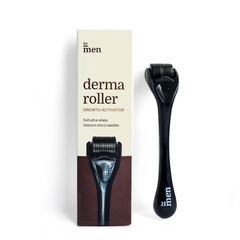
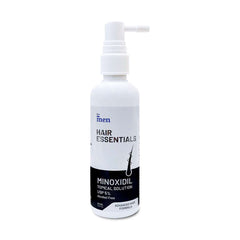


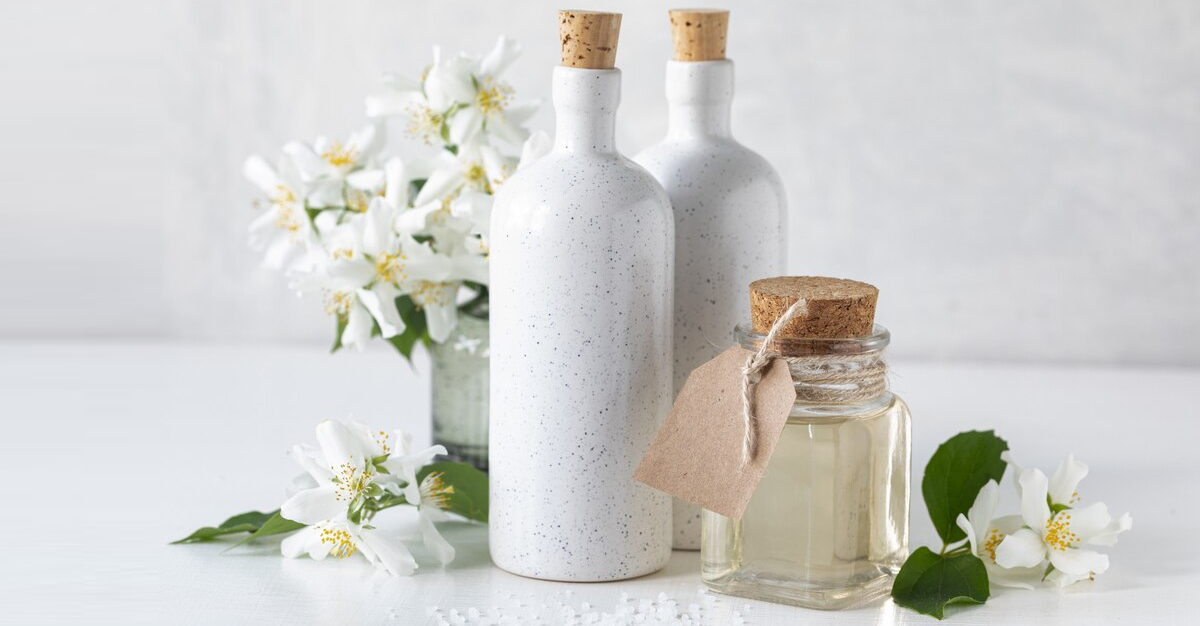
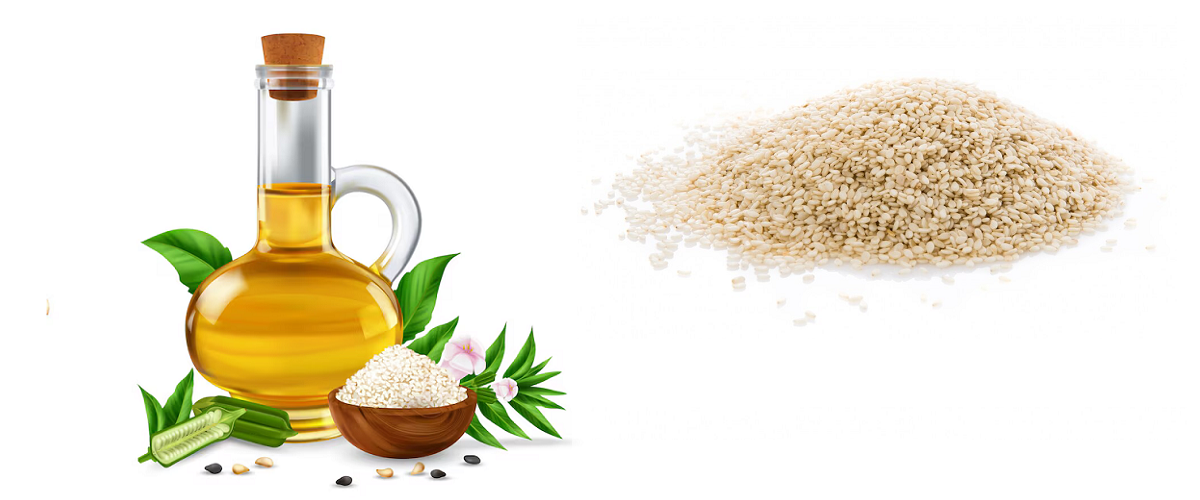
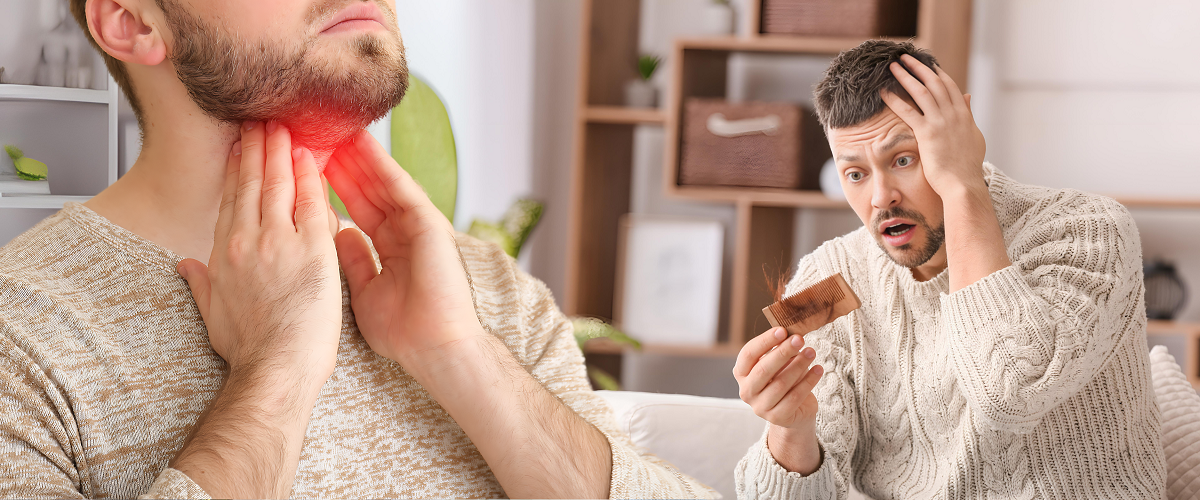
Leave a comment